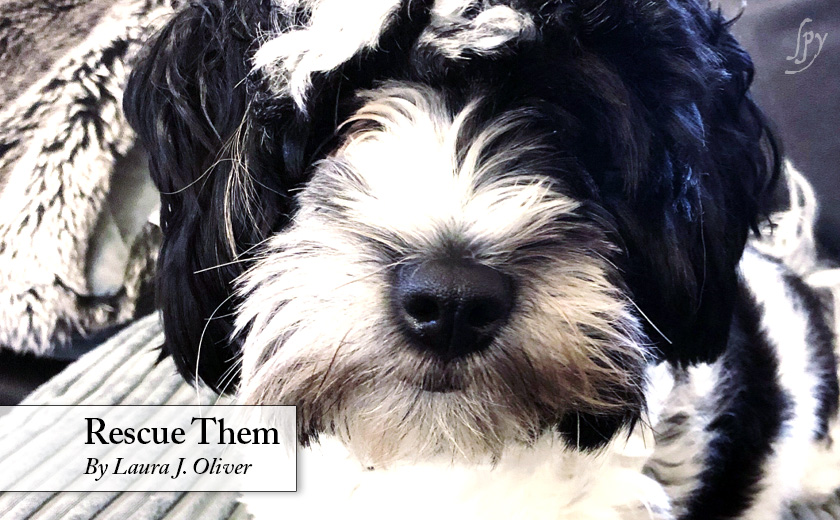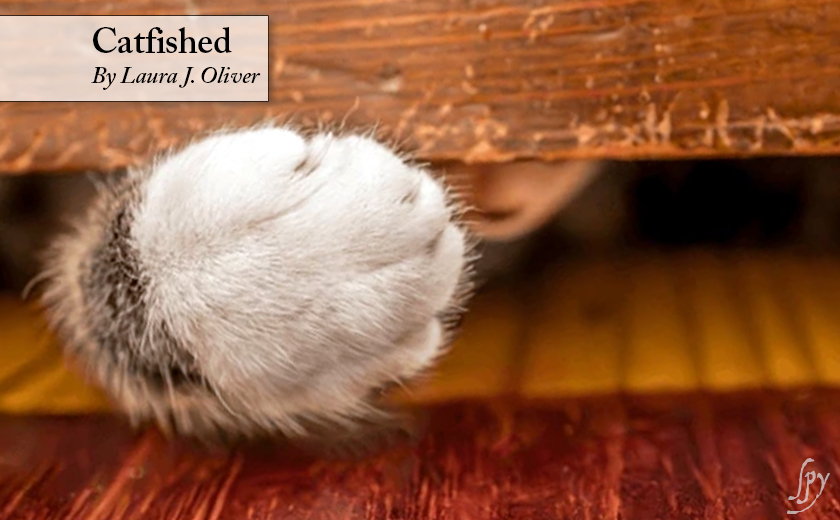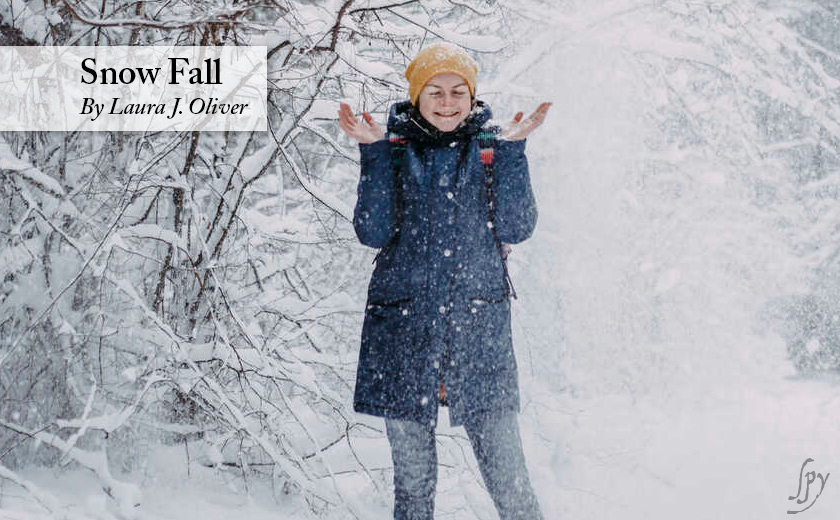I was wearing masks long before Covid, and I still am. My mask is invisible, I hope.
Like a few months ago, I decided I was finally going to ask for help with the agonizing ache in my left hip when I lie down. I took off my invisible mask—the amiable expression I wear in an attempt to please everyone– and told my doctor that although my annual physical results look fine, I’m not fine. I haven’t had more than a few hours of sleep a night in months. She suggested physical therapy. I chose one my friend told me was totally hands-on—no “go over to that corner and step up and down on that stair for 10 minutes.” More like, “Lie down.” That guy. We laughed, and I made an appointment.
At my first session, I explained where the pain was, turning to place my palm over the area to the left of my spine. “Bend over,” the PT said, and I dutifully touched my toes. “I can see your left hip is canted back a half inch or so. Nothing terrible. We can fix that,” he said.
Excited that I was going to be fixed, I climbed up onto the exam table and lay on my back while he stood at the foot of the table and tugged on my Sketchers. “Yep. Your left leg is about an inch shorter than your right.”
This is why it is a good thing I was wearing my invisible mask. The one that looks like my face—the face that was nodding in newly enlightened agreement but thinking, “Uh oh, we’ve just gone to Silly Town.”
But you don’t know what you don’t know, and Brad was indeed hands-on. I rolled onto my side, and he put lotion on my hip and began a therapeutic massage. My mask-face said, “Wow, that’s right where it hurts.” But my real face was whispering, “I will pay you one bazillion dollars to keep that up.”
After 8 weeks of this, Brad wanted me to be better, and I wanted to please Brad. “So, you’re doing better, right?” he said, more statement than question, and I said, “Yes” from behind my invisible mask, while my exhausted, sleepless face acknowledged it was time to say goodbye.
I took my hip to an orthopedic surgeon who observed, “You’re in great shape,” while he manipulated my leg in several positions that should hurt but didn’t. My mask face was impassive as I sighed, “Trying to stem the tide.” My invisible face was high-fiving myself all over the place.
The orthopedist had x-rays taken of my spine and hip, and we stood shoulder to shoulder examining them. Everything seemed in good working order. It was like seeing the undercarriage of your car and discovering there hasn’t been any salt damage, even though you never paid the carwash guy extra for the protective coating. But at night, when I rolled over on my left side in bed, the pain was still intolerable. So, my orthopedist ordered an MRI.
The MRI tech, Rick, was about 35, friendly and personable. He put a pillow under my knees, earplugs in my ears, and headphones over them. He asked me what kind of music I wanted to hear. I was charmed. I was the last patient of the day on a Saturday. We were the only people left in the facility besides the desk clerk out in front. It was strangely intimate—there aren’t many places where you are alone with one other person whose sole intent is to figure out why you hurt so you can be healed.
In the MRI tube, it was like being in a machinegun battle. Rapid-fire rounds of ammunition slamming through my heart one minute, then sounding further away, like being fired upon from the ridge the next. I never knew where the next assault would come from, and all the while, ‘You are the only girl for me” played over the sound of battle.
I started to cry. I’m not sure why. I made a note to myself to figure this out because that’s what I do when my feelings don’t match my circumstances. You should do this, too. Discoveries always lie at the heart of contradictions.
I think it may have been a visceral reaction to the loudness of the sound—a brain thing. The amygdala, which processes emotions, is highly sensitive to sound, which is interesting—but it may have been that I wanted to be somebody’s girl—or maybe it was a past-life memory of having really been under fire in an ancient day and time. I wondered if I would react this way without the music.
I needed to wipe the tears away before the tech slid me out of the machine—before I’d be embarrassed by tears I didn’t understand, but I was afraid to move my hand to my cheek. Yet, I also wanted to ask if that has happened to anyone else. Do other patients cry under fire? What has my mind forgotten that my body remembers, and why is it sad? Or is it?
Where was that mask? Released from the machine, I asked the tech what he had seen on the imaging, but he had already put on his invisible mask, and we both pretended he couldn’t read the scan.
I did feel oddly good—as if the experience had been more than diagnostic. It had been therapeutic in some way. The limbic system, which is involved in processing emotion and memory, is activated when we hear music, and sound can release neurotransmitters like dopamine—linked to pleasure and reward. Maybe it was nothing more than that.
But maybe it was being the object of one person’s focused goodwill and desire to help. Maybe it was being encapsulated—no phone to answer, no email to read–nothing required but to breathe and listen. To be held in a space where the entire universe was one voice, one message, coming in through only one sense.
They say hearing is the last faculty to go when we die, and it felt a little like that. Like being in that tunnel of light hearing the last thing I’d ever hear:
“You’re the only girl in this whole shady world,” I heard through my tears.
“And I’ve got you, I’ve got you, I’ve got you.”
Laura J. Oliver is an award-winning developmental book editor and writing coach, who has taught writing at the University of Maryland and St. John’s College. She is the author of The Story Within (Penguin Random House). Co-creator of The Writing Intensive at St. John’s College, she is the recipient of a Maryland State Arts Council Individual Artist Award in Fiction, an Anne Arundel County Arts Council Literary Arts Award winner, a two-time Glimmer Train Short Fiction finalist, and her work has been nominated for a Pushcart Prize. Her website can be found here.










